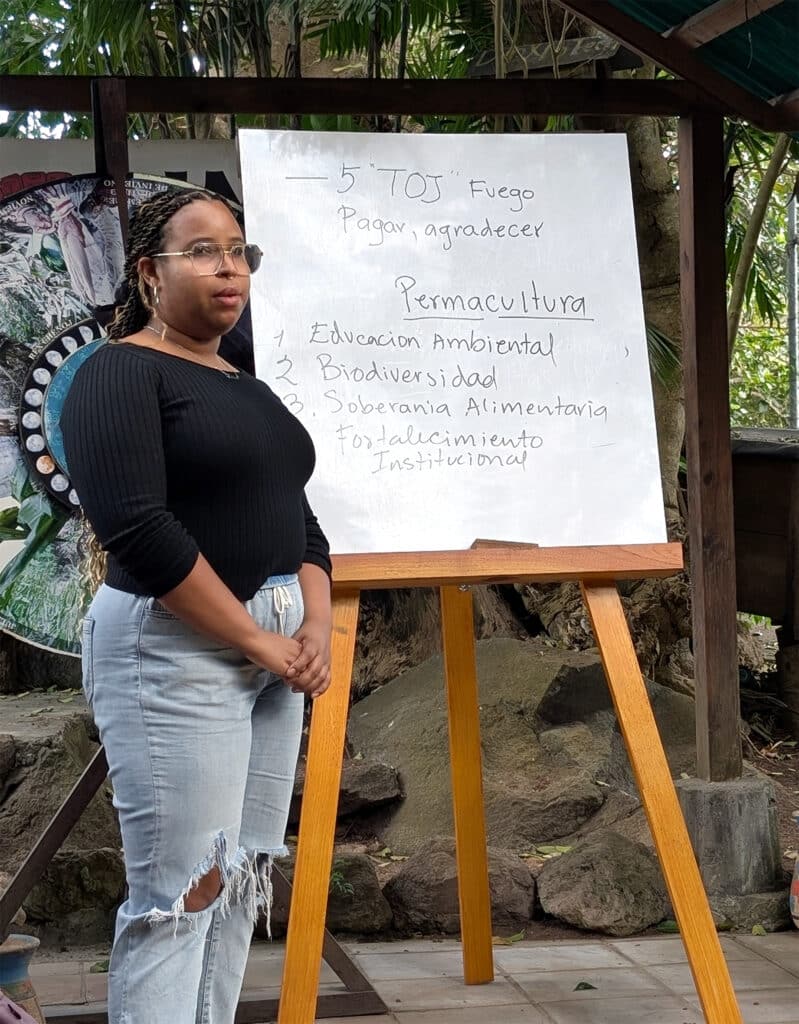

Custom School Programming
Curriculum Development
On-Site Student Orientation

Through careful communication and relationship-building, we work with you and your school to increase your global education capacity. We offer access to an enormous wealth of knowledge, expertise, in-field resources, and personnel to provide you the support and guidance you need to deepen and evolve your global programs.

After 30 years of running rugged international travel programs, we have learned lessons, developed strategies, and honed our systems—and we want to share all that we’ve learned with you. Our travel-based Educator Programs and customized trainings offer professional development for teachers on program leadership and global issues.

Partnerships are fully customized, and built around your school’s goals and objectives, offering the level of support and guidance you need to run the safest, most responsible, and deeply engaging student programming out of the gate. Our Partnerships Team supports you from intentional onboarding to successful program delivery.
We are invested in offering authentic and transformative programming that enriches both our participants and our community partners abroad. When considering what makes a partnership successful, we strive to both support and challenge the thinking and practices of our partners, leading to a better overall outcome.
Throughout the partnership process, we offer concrete tools and resources for growth and development. But our ultimate goal is to “lead from behind” serving as a resource, community, and support network for faculty who are designing and implementing their own visions for global programming.

A team of veteran administrators provide ongoing consulting, coaching, and collaboration in all aspects of program design and execution, student management, regional expertise, and risk management.
Careful mentorship by professional and highly trained instructors, and access to precious relationships with inspiring individuals and welcoming communities around the world.
Travel that is culturally conscious, environmentally responsible, and focused on developing meaningful connections and mutual respect in the communities to which we travel.
With an average of 4+ years living abroad and local language fluency, our instructors have developed the skills to return to communities as cross-cultural liaisons.
We employ experiential education pedagogy in cross-cultural environments to foster complex competencies and holistic growth.
We run a limited number of partnership programs each season so we can adhere to our highest standards of responsible and high quality programming.

Student-centered, growth-oriented, cultural immersion experiences that intentionally foster complex global competencies and leadership skills.

Practical and inspiring training and development for educators seeking to deepen their skill set in global and experiential education.

Invite instructors with years of experience and regional expertise into your classroom to facilitate nuanced conversations with your students.
